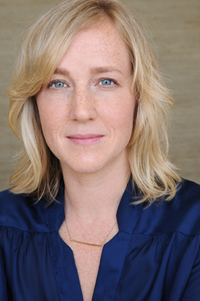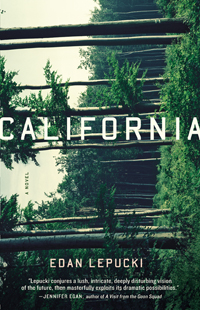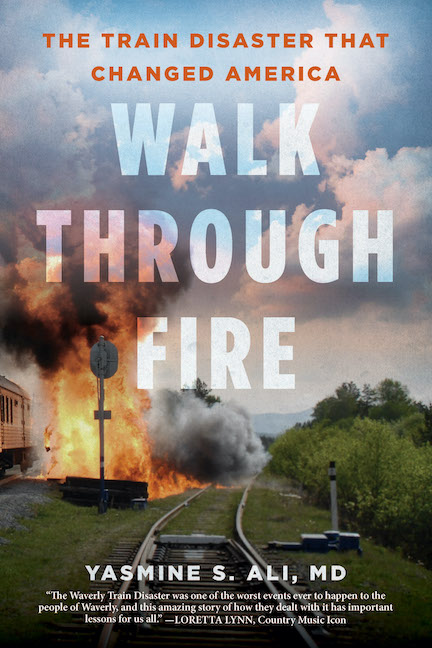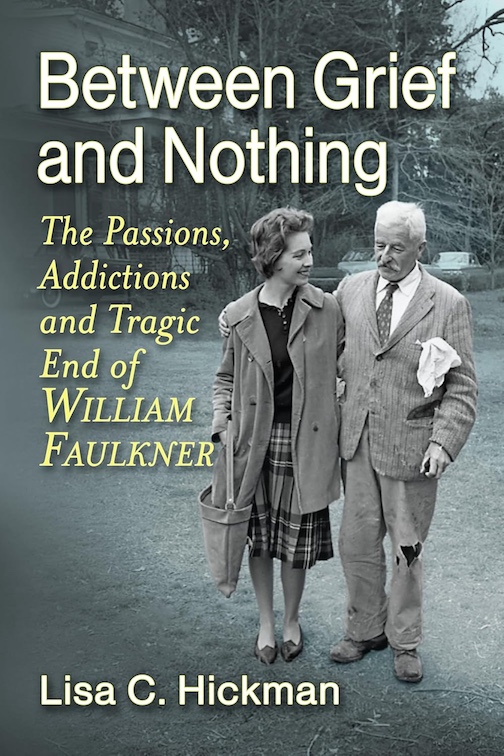Couples Therapy at the End of the World
Edan Lepucki’s California is a uniquely domestic turn on the post-apocalyptic novel
Edan Lepucki’s California begins with a familiar premise: two young people, recently married and struggling to establish themselves, must decide what to do about an unexpected pregnancy. Less familiar is this particular couple’s circumstances: Frida and Cal have fled post-apocalyptic Los Angeles to live alone deep in the forest, isolated from the last vestiges of a crumbling world. With the population decimated, the electrical grid shut down, and the Internet accessible only to a self-segregated wealthy elite, Frida and Cal are already surviving by the skin of their teeth. Uncertain whether they can safely deliver and raise an infant alone, they must decide either to remain in the wild or risk traveling through a perilous landscape to seek help from a mysterious nearby community hostile to outsiders.
There’s nothing new about end-of-the-world scenarios in fiction, but in recent years, dystopia has enjoyed a resurgence of popularity. From low- and middle-brow forms like The Walking Dead, The Hunger Games, and the rebooted Planet of the Apes franchise to prize-winning literary novels like Cormac McCarthy’s The Road and Margaret Atwood’s MaddAddam trilogy, post-apocalyptic dystopia is all the rage. Edan Lepucki’s contribution to this genre has been lifted above the morass of competing examples by an unlikely advocate: talk-show host Stephen Colbert, who recently urged viewers to buy California as part of his “War on Amazon.” (The online retailer is engaged in an ongoing dispute with the Hachette Book Group, publisher of California—and of Colbert’s own books.)
 This enormous boost of fortune for a debut novelist is a stroke of luck for readers, as well, for California is a thoughtful and engaging novel that plumbs fresh territory in a seemingly exhausted landscape. The novel begins in the not-so-distant future, three years after Frida and Cal have left Los Angeles, which has fallen into desolation and lawlessness brought on by a convergence of catastrophes. Lepucki leaves the details of the apocalypse tastefully vague. A flu epidemic is mentioned, and a fuel shortage, along with a series of environmental devastations: earthquakes, hurricanes, and lethally cold winters. The couple has settled deep in a lush forest, occupying an abandoned homestead and eking out a meager existence through gardening, trapping, and trading with August, a traveling salesman of sorts and “the last black man on earth.”
This enormous boost of fortune for a debut novelist is a stroke of luck for readers, as well, for California is a thoughtful and engaging novel that plumbs fresh territory in a seemingly exhausted landscape. The novel begins in the not-so-distant future, three years after Frida and Cal have left Los Angeles, which has fallen into desolation and lawlessness brought on by a convergence of catastrophes. Lepucki leaves the details of the apocalypse tastefully vague. A flu epidemic is mentioned, and a fuel shortage, along with a series of environmental devastations: earthquakes, hurricanes, and lethally cold winters. The couple has settled deep in a lush forest, occupying an abandoned homestead and eking out a meager existence through gardening, trapping, and trading with August, a traveling salesman of sorts and “the last black man on earth.”
What has become of the government remains a mystery; Frida and Cal are too preoccupied with survival to muse on much beyond the sphere of their immediate concerns and their personal tragedies. The most significant of these is the death of Frida’s brother, Micah, who was also Cal’s roommate at Plank, a small, all-male alternative college that teaches homesteading. After college Micah joined The Group, a protest collective that uses performance art to attack widening inequality, as the rich retreat into gated communities and the poor are denied medical treatment. When The Group turns to terrorism, Micah is their first suicide bomber. He remains a sore subject between Frida and Cal: “They didn’t talk about Micah because, when they did, Cal got pissed and Frida got sad, and everything miserable about the world wedged itself between them.”
In fact, dealing with the inevitable wedges that crop up between young couples comes to be as great a challenge for Frida and Cal as surviving the apocalypse. For much of California, Lepucki eschews dramatic conflicts between warring factions of survivors, focusing instead on the question of what becomes of a normal twenty-first-century adult relationship when put under extraordinary stress. The novel richly and sensitively delineates the nature of life in the post-disaster world in which, with so much lost to history, seemingly insignificant objects take on talismanic significance: an abacus Frida uses to track her menstrual cycle, a turkey baster she hides from Cal out of shame for having spent money on something frivolous, a t-shirt with the slogan OFFICIAL PUSSY INSPECTOR to represent how even a vulgar novelty t-shirt has become an essential item.
 The first half of the novel focuses almost singularly on the domestic tensions of Frida and Cal’s isolated life. The latter half, however, places these patiently developed characters into the inevitable conflicts we expect from end-of-the-world stories. Knowing the risks of staying in the woods alone, Frida and Cal decide to approach the nearest settlement—The Land, as it’s called—which is guarded by a dense arrangement of towering, barbed spikes that serve as both a sort of modern-art warning and a barrier. The Land has ties to The Group, which reintroduces the complicated legacy of Micah, Frida’s notoriously martyred brother. An additional, more pressing complication surfaces when Frida and Cal realize that there are no children among the residents of The Land.
The first half of the novel focuses almost singularly on the domestic tensions of Frida and Cal’s isolated life. The latter half, however, places these patiently developed characters into the inevitable conflicts we expect from end-of-the-world stories. Knowing the risks of staying in the woods alone, Frida and Cal decide to approach the nearest settlement—The Land, as it’s called—which is guarded by a dense arrangement of towering, barbed spikes that serve as both a sort of modern-art warning and a barrier. The Land has ties to The Group, which reintroduces the complicated legacy of Micah, Frida’s notoriously martyred brother. An additional, more pressing complication surfaces when Frida and Cal realize that there are no children among the residents of The Land.
For the most part Lepucki deftly fuses the post-apocalyptic thriller with the domestic novel, but there are spots in California where both pacing and motivation can stretch credulity. While they’re alone in the woods, Cal and Frida’s bickering and duplicity makes perfect sense, for example, but once they are in the custody of a group with a violent history, ties to terrorists, and a firm rule prohibiting pregnancy, you’d think they’d table the squabbling and form a united front. Given the patience of the novel’s first half, the unexpectedly abrupt denouement seems a bit jarring, as well.
Nevertheless, the conflict and characters of California are entrancing and engaging, and it isn’t difficult to imagine that the problems facing Cal and Frida might befall us all, as well. The questions California raises are penetrating, and troubling: what are we going to do when the lights go out? When we no longer have an ocean of entertainment and information at our fingertips, what are we going to say to each other? Would such a situation bring out the best in us, or the worst? How would we feel about bringing children into an apparently doomed world? When disaster strikes, will those of means retreat into barricaded cloisters, abandoning the poor and the weak? How desperate will we have to be before we turn to violence?
Most of these questions remain unresolved, which seems to be part of the point of California—that, when we’re left to fend for ourselves, the answers won’t come easily. “You gave and gave, and then, eventually, you found yourself taking,” writes Lepucki. “Which was the better side to be on?”

Ed Tarkington holds a B.A. from Furman University, an M.A. from the University of Virginia, and a Ph.D. from the creative-writing program at Florida State University. His debut novel, Only Love Can Break Your Heart, is forthcoming from Algonquin Books. He lives in Nashville.


